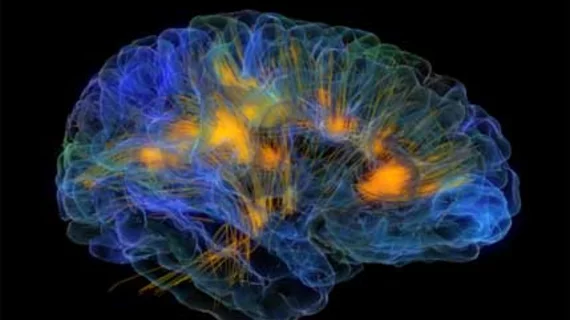Brain imaging a likely focus for ‘AI vs. mental illness’ researchers
Researchers in Canada have received more than a quarter million federal dollars to develop AI models for diagnosing and treating mental illness. One application in their sights involves automated interpretations of brain scans.
Based at the University of Alberta, the team will draw from more than 40 years of experience with AI and machine learning in the school’s computing science department, according to a U of A news item.
Computational psychiatry professor Bo Cao, PhD, says the plan is to tap the technology for personalizing care of patients with depression, bipolar disorder, schizophrenia and other conditions.
“That’s actually the ultimate goal,” he says. “We’re not there yet, but we are on a promising path.”
The work is one of 16 U of A projects receiving a share of $3.4 million in funding from the Canadian Foundation for Innovation, according to the school.

